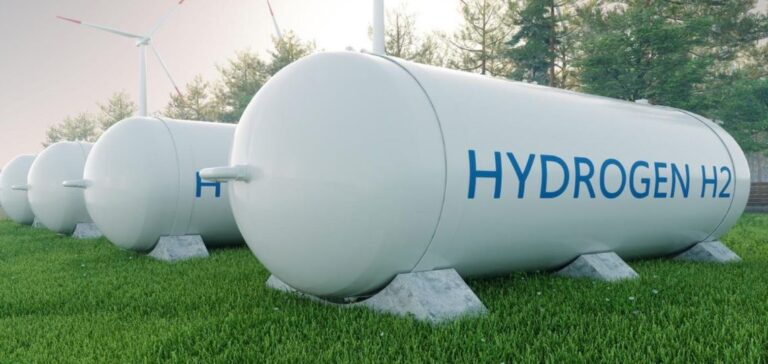In Scotland, the government wants to intensify hydrogen production, which could bring in up to £25 billion a year.
The production of hydrogen
Scotland is launching a hydrogen production action plan and expects results in two stages. On the one hand, the Scots want to produce 5GW, or one sixth of the country’s energy needs, by 2030. On the other hand, they will strive to multiply this same production by 5 by 2045, by which time the Net Zero target would be reached.
The country already seems to have a strong energy potential thanks to the resources present on its territory. Indeed, the oil and gas discovered in the North Sea will enable it to manufacture hydrogen. This manufacturing process is extremely advanced because even if it releases carbon dioxide emissions, solutions exist to capture and store them.
But the government also plans to produce renewable hydrogen. It has, in fact, a reserve of more than 40GW of offshore wind energy. Scotland could therefore repurpose excess electricity to create low-cost renewable hydrogen.
An explosion in demand
Hydrogen is growing so fast that it could help the Scottish economy thrive. Its industrialization would create between 70,000 and 300,000 jobs. In addition, the country is identifying buyers as it begins to collaborate with several international partners.
Michael Matheson, Secretary of Energy and Net Zero, states:
“International demand for hydrogen is on the rise, with Germany, the EU and the UK government all increasing their respective hydrogen production ambitions in 2022. Countries in need of hydrogen are now looking beyond their borders to nations that can produce and supply this hydrogen on a large scale.”
As part of the plan, ministers announced £100 million in funding from the Scottish Government. A special £90 million fund would support renewable hydrogen projects.
A report by the environmental organization Friends of the Earth Scotland, however, highlights the limitations of this energy source. Hydrogen would have a low yield and its production would require “huge amounts” of renewable energy. In comparison, heat pumps are 168% to 342% more efficient than hydrogen boilers.






















